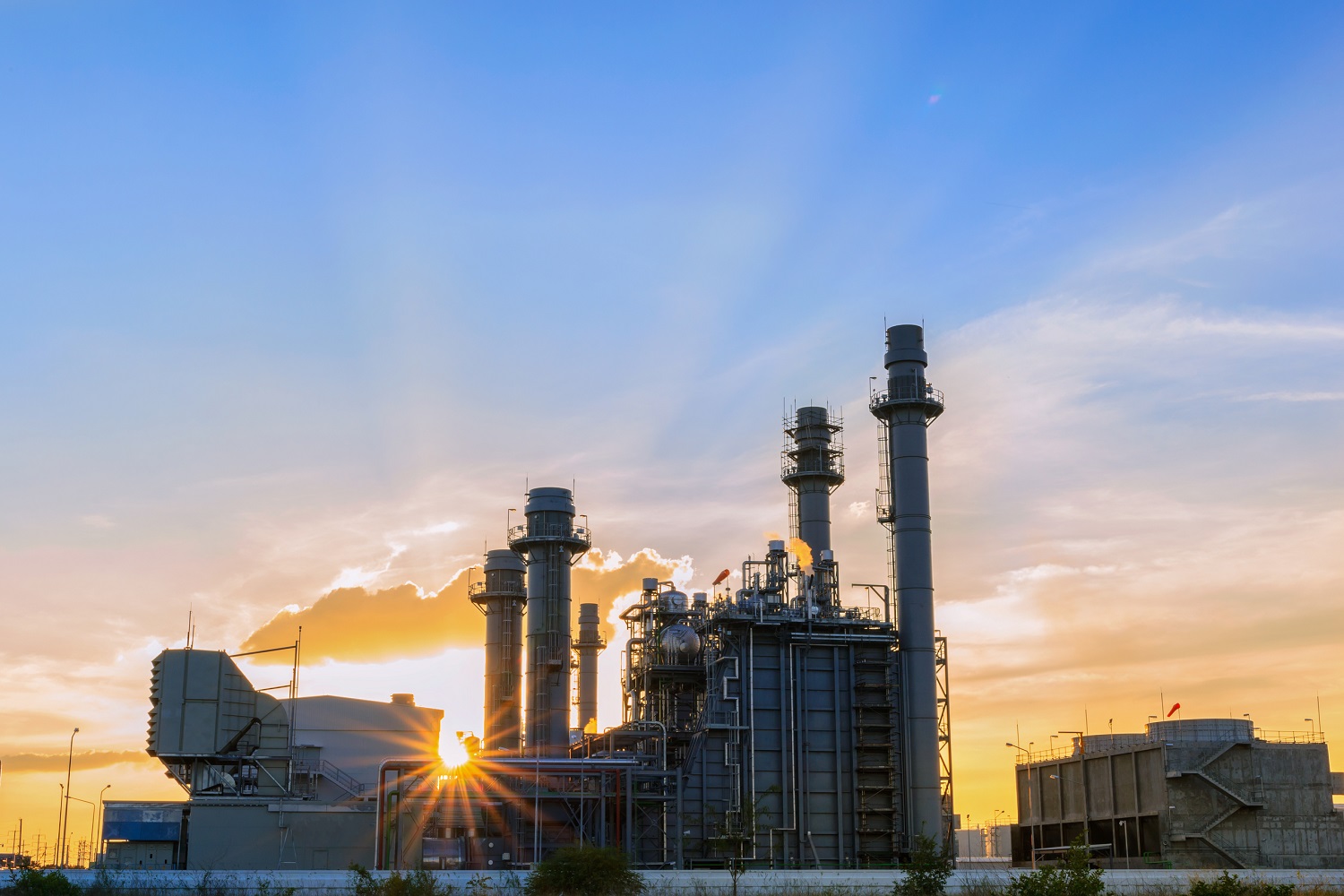
It doesn’t matter if it’s residential, commercial, or industrial property – the most important factors affecting the purchase of land are location, location, and location. Of course, the location decision will be based on different considerations for different markets. A homebuilder might be interested in proximity to schools, while a commercial spot will want high visibility. It’s all about the importance of plant location.
It’s no different when it comes to selecting a site for the location of a plant. Instead of schools, being close to existing infrastructure may be a requirement. Foot traffic isn’t really a worry for a manufacturing facility unless you count the availability of a workforce nearby. There are some consistencies, though.
MUNICIPAL CONSIDERATIONS
For example, the land needs to be appropriately zoned for whatever the need is. Can you build single-family homes or does it need to be multi-family? Is the land zoned for agriculture, industry, or recreation? You may have the perfect spot for your plant, but if you can’t build on it, it’s not much of a parcel at all.
This is where it pays off to do a little bit (or a lot) of research. How important is it to be in a certain city, county, or state? Do you have the flexibility to put down roots anywhere in the nation? Or do you need to stay where you are?
If you already have one or two existing plants, maybe it makes sense to move a few hundred miles away from existing plants to improve distribution. Depending on the industry, your choices may already be made when it comes to the location of that industry. As a shipbuilder, doesn’t it make sense to be near a waterway?
TRANSPORTATION
If you’re looking to build a manufacturing facility, and want to easily ship your finished goods in an efficient manner, transportation costs can be a major concern. Are raw materials a requirement in your industry? Is there a source nearby or will it need to be brought in?
Whether it’s a dirt road or a four-lane thoroughfare, having access to the facility is obviously a necessity to bring materials in and send products out. Shipping around town is one thing – shipping around the country (or the world) is something else entirely.
Property near ports can be quite expensive, but so can transporting your product 30 miles to the port. Once you consider the price of gas, wear and tear on vehicles, and hiring crews to drive those vehicles, it might be worth getting as close to the shipping as possible.
Maybe other transportation facilities would be just as worthwhile. Consider if railyards or airports are viable means of delivering your products. Even if you’re using vans, tractor-trailers, or other heavy haul means, positioning yourself near the interstate makes a lot of sense.
OTHER INFRASTRUCTURE
In addition to transportation, what kind of utilities will you need to operate your plant? Unless you’re planning on running your plant solely on solar power or other forms of alternative energy, you’ll need access to a power supply. Water and sewer lines are also must-haves but can be scarce in rural areas.
If these are already in place at your choice of location, you’re all set. However, laying miles of pipe or running power lines to the facility can take a lot of time and cost a lot of money. Will that put the project over-budget or effect timelines? If so, you may need to pay more for land closer to an urban area.
For large scale industries, the operating costs of production and distribution will run in the millions. If it saves a few bucks by positioning their plant in an advantageous location, it makes smart financial sense to take the time to find the right piece of land.
SITE EVALUATIONS
The land is zoned correctly, infrastructure is in place, and everything else about the location is perfect. But is the land itself right for what you need? Excavation, stormwater drainage, and even the right kind of soil for your purposes can have a big impact on the bottom line.
The land can even have an effect on the plant layout if the positioning is important. If the plans have already been drawn up and approved, will the makeup of the land itself cause problems? Before making any decision on buying a piece of property, a site evaluation can save you big money down the road.
Because nobody likes surprises.
“Location, location, location” might be the biggest cliche of them all, but that doesn’t mean it isn’t true. When building a new plant, either as part of a plant relocation or business expansion, finding the right plot of land can make all the difference, both in the present and as part of your long term plans.
